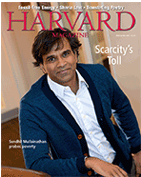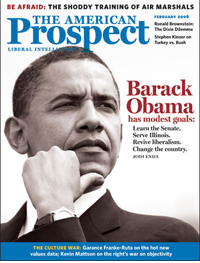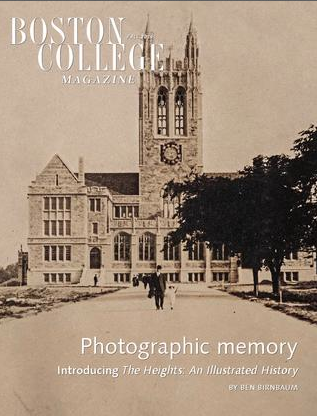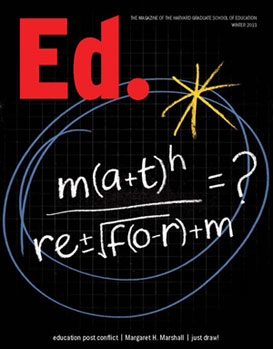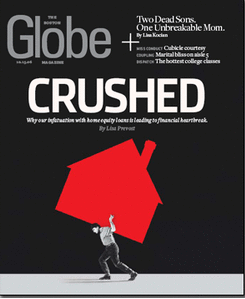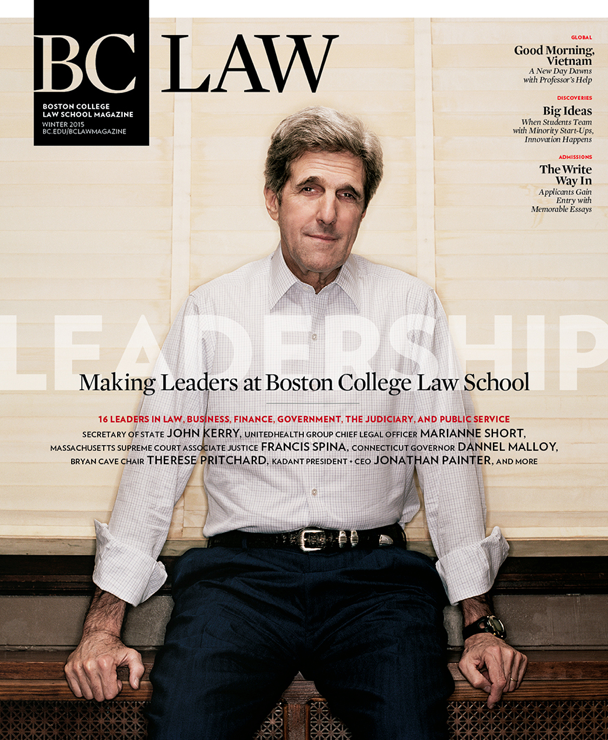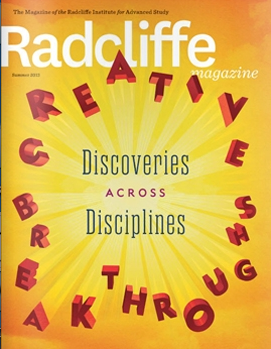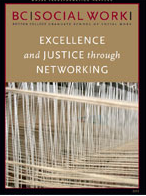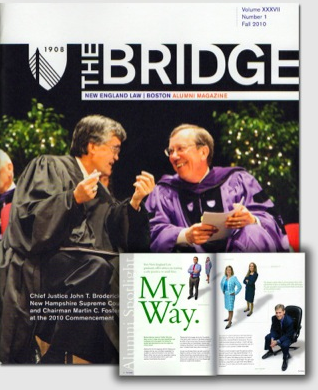“...Animals were property, the Supreme Court ruled, but they were not like other types of property. If this were true, the plaintiffs argued, one could seek sentimental damages for the destruction of a “taxidermied” pet deemed an heirloom, but not for a euthanized animal....”
The Science of Scarcity
Behavioral Economist Sendhil Mullainathan argues that qualities often considered part of someone’s basic character—impulsive behavior, poor performance in school, poor financial decisions—may in fact be the products of a pervasive feeling of scarcity. And when that feeling is constant, as it is for people mired in poverty, it captures and compromises the mind. “To put it crudely,” he explains, “poverty—no matter who you are—can make you dumber.”
the placebo phenomenon
Why does fake acupuncture cause real pain? How do pills made of corn starch cure chronic arm pain? One scientist looks at the power of nothing.
The seeing Brain
The Boston Globe Ideas Section
What happens to the visual part of your brain when you lose your sight?
STAYING HERE
The affidavit for 29-year-old Tetee K’s deportation trial tells the story of a woman who has passed through hell, some of it her own making. Should a 29-year-old petty criminal and recovering addict be deported to a country she fled as a child?
SHOCK VALUE
So how, exactly, does a high explosive kill you? Multimedia story for the Inside NOVA Blog.
Bully Pulpit
Following a high-profile teenage suicide, Massachusetts enacted one of the strongest anti-bullying laws in the country. But with no consequences for schools that look the other way, who does the law protect?
The Mindfulness Chronicles
Harvard Professor Ellen Langer believes that our mindless decisions--our beliefs about aging, our deference to doctors, even the way we talk about our illnesses--can have drastic effects on how (and if) we live to see old age.
WHEN MARTIN MET CORETTA
Martin studied at BU, Coretta at the Conservatory; both strolled the same Boston city blocks. "People often don't remember that King was in Boston because he wasn't yet the famous Dr. King when he was here," said John Cartwright, the Martin Luther King Jr. professor emeritus of social ethics at Boston University and a contemporary of King's as a graduate student in the 1950s. "He was a struggling doctoral student who was a normal guy - even a bit of a playboy. He joked around, he dated - he was a man about town with a new Chevy."
Singalong Sound of Music
Two nuns standing in the concessions line at the Arlington Regent Theater lobby were comparing wimples and scouting out men in lederhosen. So far, they'd seen only one - a man whose traditional Austrian outfit was fashioned from a pair of knee-high tube socks, black Bermuda shorts, and clip-on suspenders with a handmade cloth crossbar taped to his chest. Welcome to the Singalong Sound of Music Film Festival.
The Great Bobby Mac
Remembering an unlikely prophet of bicycling and his team of improbable champions.
